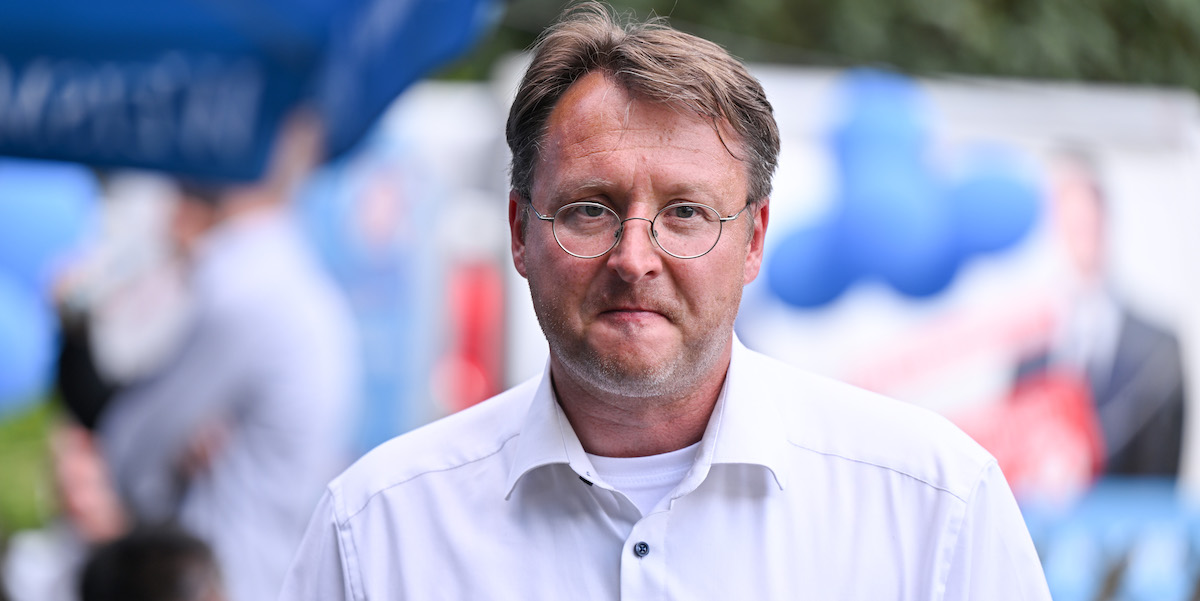For the first time in the history of democratic Germany, the German far-right party Alternative für Deutschland (AfD) won a local vote on Sunday. Robert Sesselmann won the ballot for the election of the district president of Sonneberg, which is located in Thuringia, a state in central-eastern Germany. He obtained 52 percent of the vote, thus beating Jürgen Köpper, outgoing president and candidate of the Christian Democrats (CDU).
The district (in German districtlisten)) is an administrative subdivision similar to the Italian province. Sonneberg’s win isn’t particularly big or important, but Sesselman’s victory is still relevant due to the larger AfD recent surge in support nationally.
AfD has long been the second largest party in Thuringia, and its local leader is one of the most extremist and influential within the party: his name is Björn Höcke and, among other things, in the past he had asked to cancel the German law that punishes deniers of the Holocaust and had criticized the presence of a memorial to the extermination of the Jews in the capital Berlin, arguing that the Germans should make a “180 degree turn” in their policies of commemoration of the past.
– Read also: The far right is making a comeback in Germany
Already in the first round of the elections for the president of the Sonneberg district, Sesselman had come very close to winning, with 46.7 percent of the votes. Ahead of the runoff, nearly all the other major parties – the Social Democrats, the Greens, the FDP liberals and the radical left-wing party Die Linke – had said they would support the CDU candidate, if only to prevent the far-right from winning. . But that wasn’t enough.
Sesselman’s victory reflects in a small way what has been happening throughout Germany in recent months: all the polls show the AfD’s approval ratings steadily increasing, and it is estimated that the party today could get close to 20 percent of the votes ( in the last general election, in September 2021, it took 10 percent, after years of constant decline). There are various factors that are contributing to the growth of AfD, including the shortcomings of the incumbent government, which is supported by Social Democrats, Greens and Liberals, and to which AfD is making strong opposition.
The consensus for the AfD seems particularly high in the areas of former East Germany, where the economic and social context is more problematic and where in recent years the consensus for the more institutional parties has been greatly reduced. In addition to Thuringia, there are also Saxony and Brandenburg where, according to polls, AfD could even be the first party in the next elections in 2024 to choose the new state governors.
